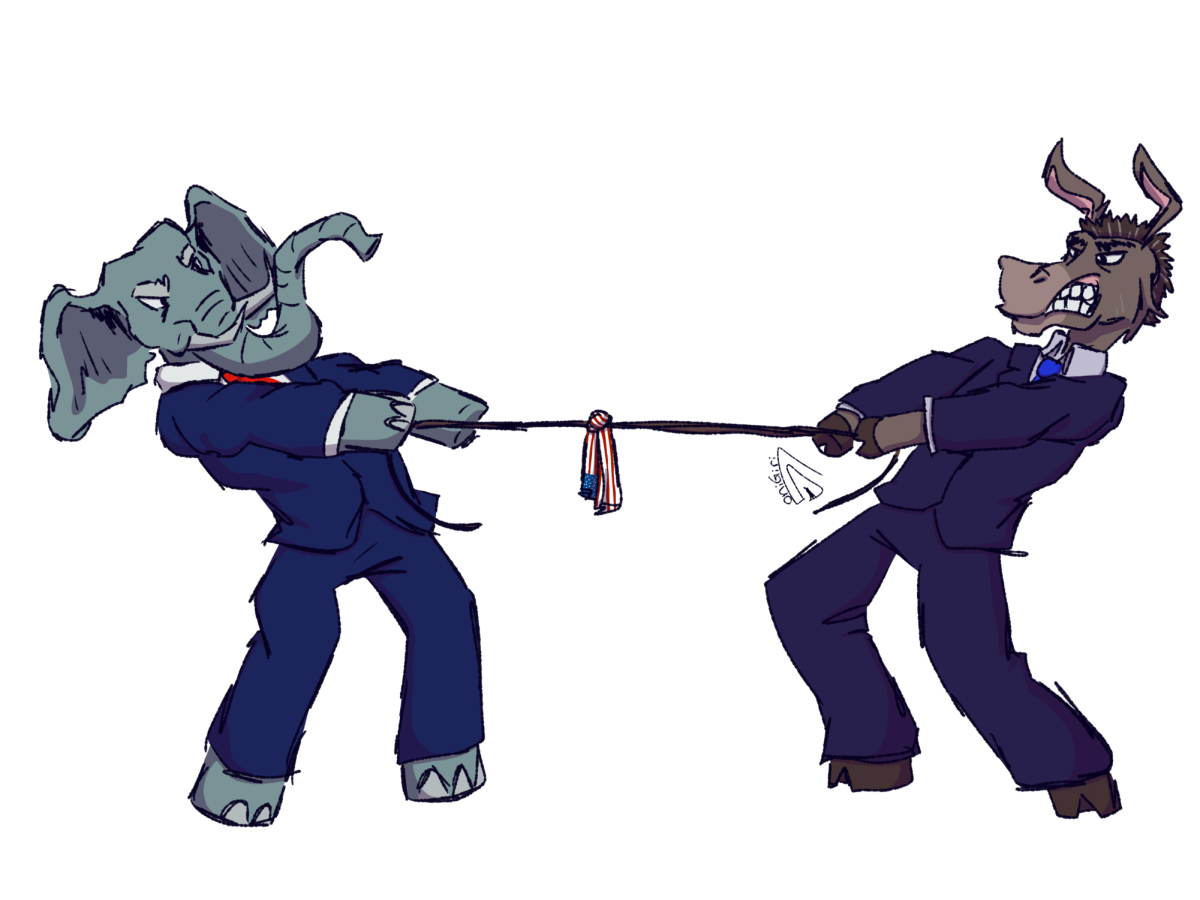Going to the zoo as a child was such a fun and exciting way to spend the day. Getting to explore new worlds, interact with exotic animals and learn about their origins was fascinating, but as you get older, you begin to question why you are seeing exotic animals in places like Texas.
Organizations like zoos, aquariums, marine and theme parks are businesses, and many only care about the profit being made. Because of this, they will do whatever needs to be done in order to make more money. They will transport exotic animals, like polar bears or elephants, to exploit their rarity and draw crowds in to see them. They will do this despite the harm and stress it causes the animals.
According to the World Wildlife Fund, wildlife trade is a major threat to some species. Some animals in zoos and aquariums are transported illegally from their homeland and bred for human enjoyment. These innocent animals go from living free in their native habitat to being trapped in cages with limited access to outdoor exhibits. The animals can endure severe physical and psychological harm from being in captivity. Their minds and bodies can undergo so much stress that it puts them in danger of dying prematurely.
Animals are frequently overly bred to produce more babies to entice people to come see small cute baby animals — they are a real crowd pleaser. When the animals grow up and are not making as much profit as before, the animals are either sold to other zoos, become fair game for hunters or are euthanized.
SeaWorld is a primary example of animal cruelty in zoos and aquariums. SeaWorld has been known for mistreating its marine life. PETA informs us that SeaWorld will cram over 140 dolphins into seven tanks. Orcas’ dive depth in the ocean is 3,566ft, whereas at SeaWorld their tanks are only 35 ft deep. Orcas range from 16-26ft, these enclosures are limiting the orcas from engaging in their natural behavior and movement. Keeping them in such small and confined spaces is torture.
There are exceptions to the trend of cruelty in this industry. Some ethical zoos and organizations take in endangered, threatened or hurt animals to help rehabilitate them and send them back to their natural habitat. Such as the U.S. Fish and Wildlife Service, they bred in captivity to save a near extinct species, like the red wolves. Some other examples of zoos that have this protective and respective mindset are the San Diego Zoo, Brookfield Zoo, Bronx Zoo and Woodland Park Zoo.
It will take some research to locate an ethical zoo that prioritizes animal welfare, safety, protection, rehabilitation and conservation. When researching, it is important to find out who owns the zoo. Ethical ones are generally owned by nonprofits or the government. These zoos will have proof of accreditation, information about how the animals are obtained, if they allow human interaction with the exotic animals and where the revenue is allocated. All of these requirements will help ensure the humane treatment of the animals.
The best way to view animals respectfully and for there to be enjoyment both ways is by visiting animal sanctuaries. Animal sanctuaries are facilities where animals are brought to live the rest of their lives in peace. The animals get to reside with those of the same species and live a free life. They provide a safe space for animals that have been neglected or abused in the past. The main priority of animal sanctuaries is protection, not profit.
Some of the most ethical and humane zoos and animal sanctuaries to check out in Texas are Arizpe Animal Sanctuary, Austin Farm Sanctuary, Peaceful Valley Donkey Rescue, Rowdy Girl Sanctuary, Saint Francis Wolf Sanctuary, South Plains Wildlife Rehabilitation Center, Stick House Sanctuary, The Wild Animal Sanctuary-Texas and so many more.
Invest your money in preservation and conservation, not cruelty.






Kiffin Hope • Oct 11, 2023 at 12:39 pm
Insightful, great research!